Pressure is mounting on the local beef trade, with a number of factories moving to a four-day week despite strong numbers being offered for slaughter. As a result, beef finishers report they are facing delays in off-loading cattle.
Speaking to the Irish Farmers Journal, several farmers who had animals originally scheduled for slaughter this week had bookings postponed until a later date.
Others with cattle to off-load are being told these animals cannot be processed for at least seven to 10 days.
The net result is a growing backlog of animals which impacts negatively on beef prices. Base quotes for prime cattle have eased by 4p-6p/kg at some factories this week, bringing the range of base quotes available on U3-grading cattle to 334p-344p/kg.
With cattle availability increasing as backlogs grow, processors are reluctant to quote for animals being booked for slaughter next week.
However, while base prices have eased there are still price deals on offer, with reports of in-spec steers and heifers moving at 346p-350p/kg this week, with more on offer for specialist finishers killing on a regular arrangement.
Imports
Despite strong supplies of cattle locally, which is expected to last into spring, a number of farmers have queried why direct imports for slaughter have surged since the start of the year.
For the year to date, 2,102 direct imports have come in from the Republic of Ireland, six times the figure from the same period in 2018.
In addition, 975 cattle have been imported from Britain.
Imported slaughter cattle from south of the border are understood to consist of good-quality heifers, as well as animals that fall outside of market specifications on carcase weight and age.
With prices for plainer types in the South over 20p/kg behind the NI trade, it has tempted some buyers back across the border.
However, sources in NI beef processing maintain that the main issue driving local price is slow sales of beef.
It is also understood that cold stores in NI are well filled, including with Irish beef, partly as a safeguard against a no-deal Brexit.
Hogget trade
After a buoyant start to the year, the hogget trade has hit the buffers this week, with local plants cutting prices by as much as 20p/kg, in response to lower prices in marts.
Factory prices have eased to 430p/kg, making hoggets worth £94.60 at the 22kg carcase limit, down by £5/head on last week.
However, mart prices have fallen by as much as £10/head, with less competition coming from buying agents working for southern Irish processors.
Factories there have moved to gain control of the trade, with several plants reducing their kill schedule to a four-day week, with one plant reportedly moving to a three-day week.
Read more
US traders seek relaxation of UK beef and dairy standards
Farmer Writes: we are running faster to stand still
Pressure is mounting on the local beef trade, with a number of factories moving to a four-day week despite strong numbers being offered for slaughter. As a result, beef finishers report they are facing delays in off-loading cattle.
Speaking to the Irish Farmers Journal, several farmers who had animals originally scheduled for slaughter this week had bookings postponed until a later date.
Others with cattle to off-load are being told these animals cannot be processed for at least seven to 10 days.
The net result is a growing backlog of animals which impacts negatively on beef prices. Base quotes for prime cattle have eased by 4p-6p/kg at some factories this week, bringing the range of base quotes available on U3-grading cattle to 334p-344p/kg.
With cattle availability increasing as backlogs grow, processors are reluctant to quote for animals being booked for slaughter next week.
However, while base prices have eased there are still price deals on offer, with reports of in-spec steers and heifers moving at 346p-350p/kg this week, with more on offer for specialist finishers killing on a regular arrangement.
Imports
Despite strong supplies of cattle locally, which is expected to last into spring, a number of farmers have queried why direct imports for slaughter have surged since the start of the year.
For the year to date, 2,102 direct imports have come in from the Republic of Ireland, six times the figure from the same period in 2018.
In addition, 975 cattle have been imported from Britain.
Imported slaughter cattle from south of the border are understood to consist of good-quality heifers, as well as animals that fall outside of market specifications on carcase weight and age.
With prices for plainer types in the South over 20p/kg behind the NI trade, it has tempted some buyers back across the border.
However, sources in NI beef processing maintain that the main issue driving local price is slow sales of beef.
It is also understood that cold stores in NI are well filled, including with Irish beef, partly as a safeguard against a no-deal Brexit.
Hogget trade
After a buoyant start to the year, the hogget trade has hit the buffers this week, with local plants cutting prices by as much as 20p/kg, in response to lower prices in marts.
Factory prices have eased to 430p/kg, making hoggets worth £94.60 at the 22kg carcase limit, down by £5/head on last week.
However, mart prices have fallen by as much as £10/head, with less competition coming from buying agents working for southern Irish processors.
Factories there have moved to gain control of the trade, with several plants reducing their kill schedule to a four-day week, with one plant reportedly moving to a three-day week.
Read more
US traders seek relaxation of UK beef and dairy standards
Farmer Writes: we are running faster to stand still




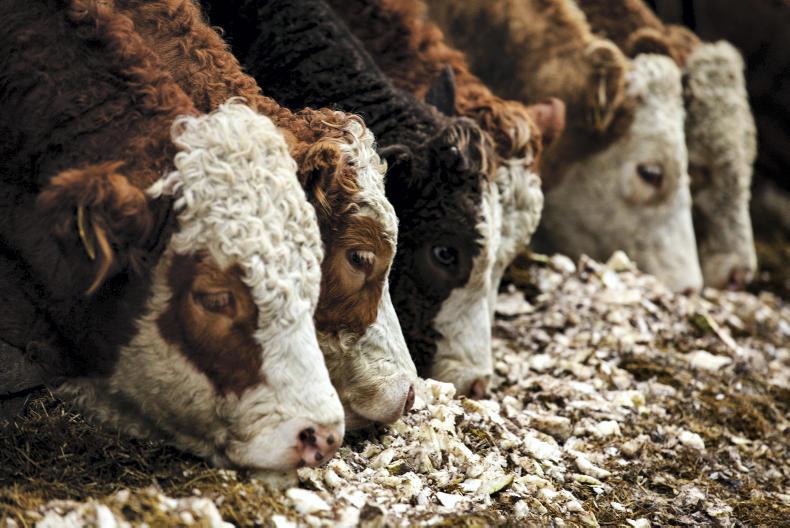
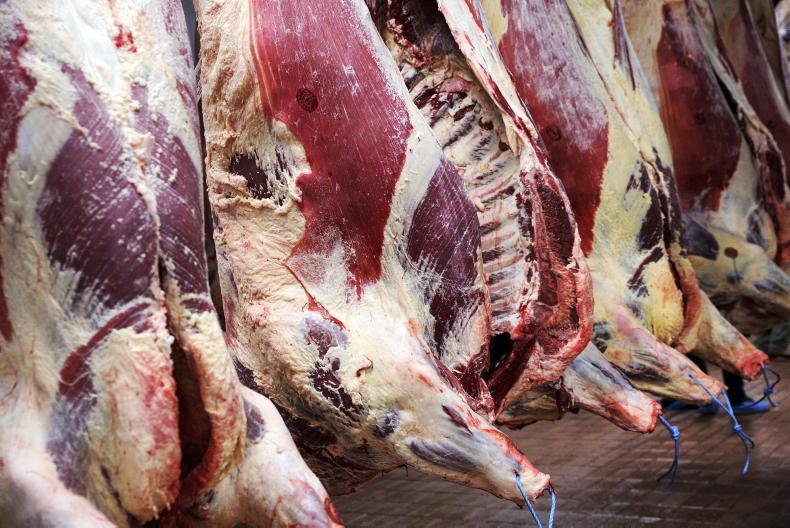

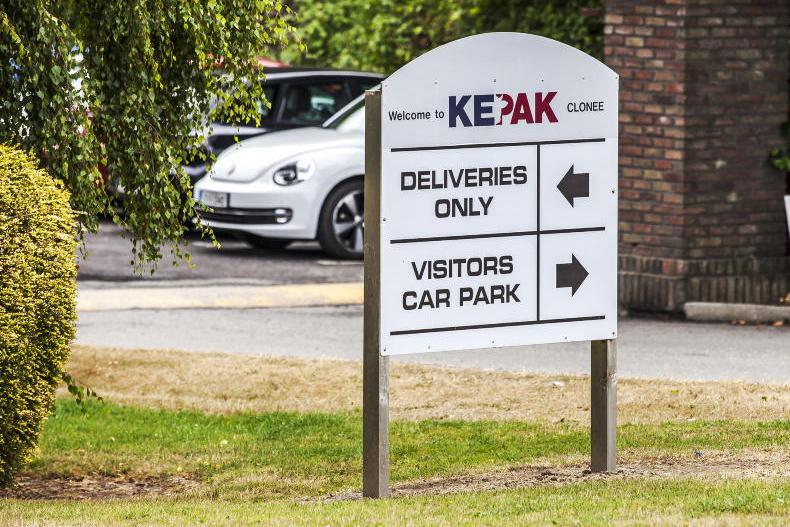
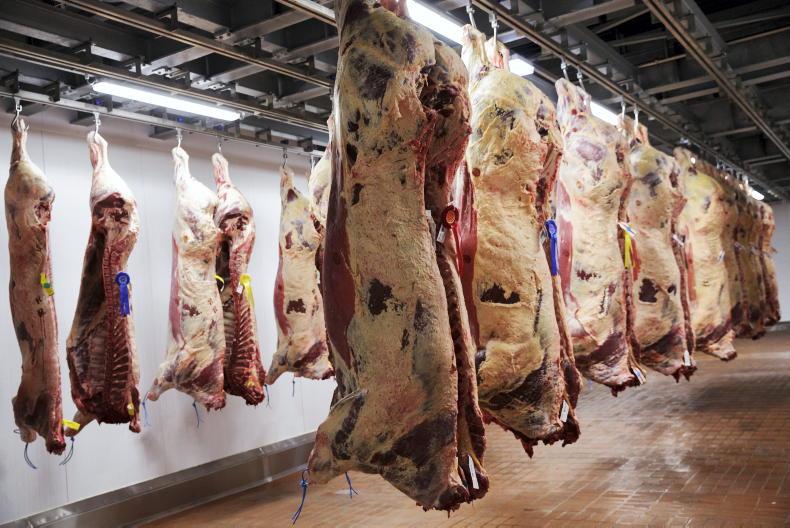
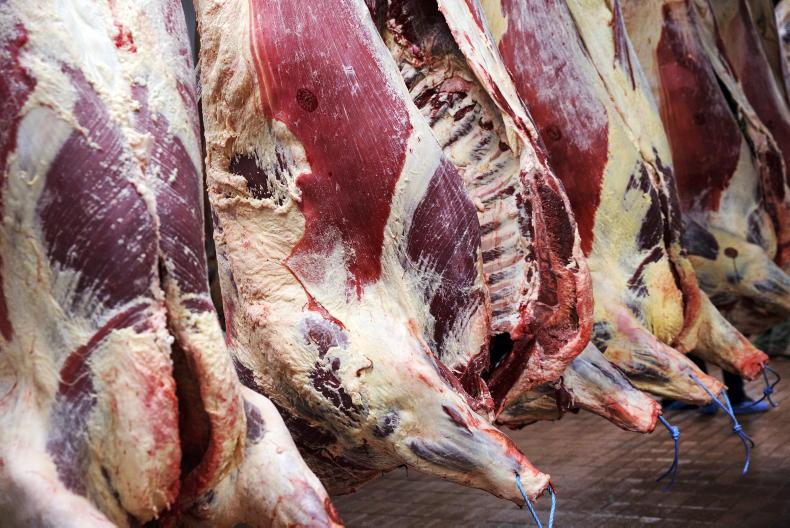
SHARING OPTIONS